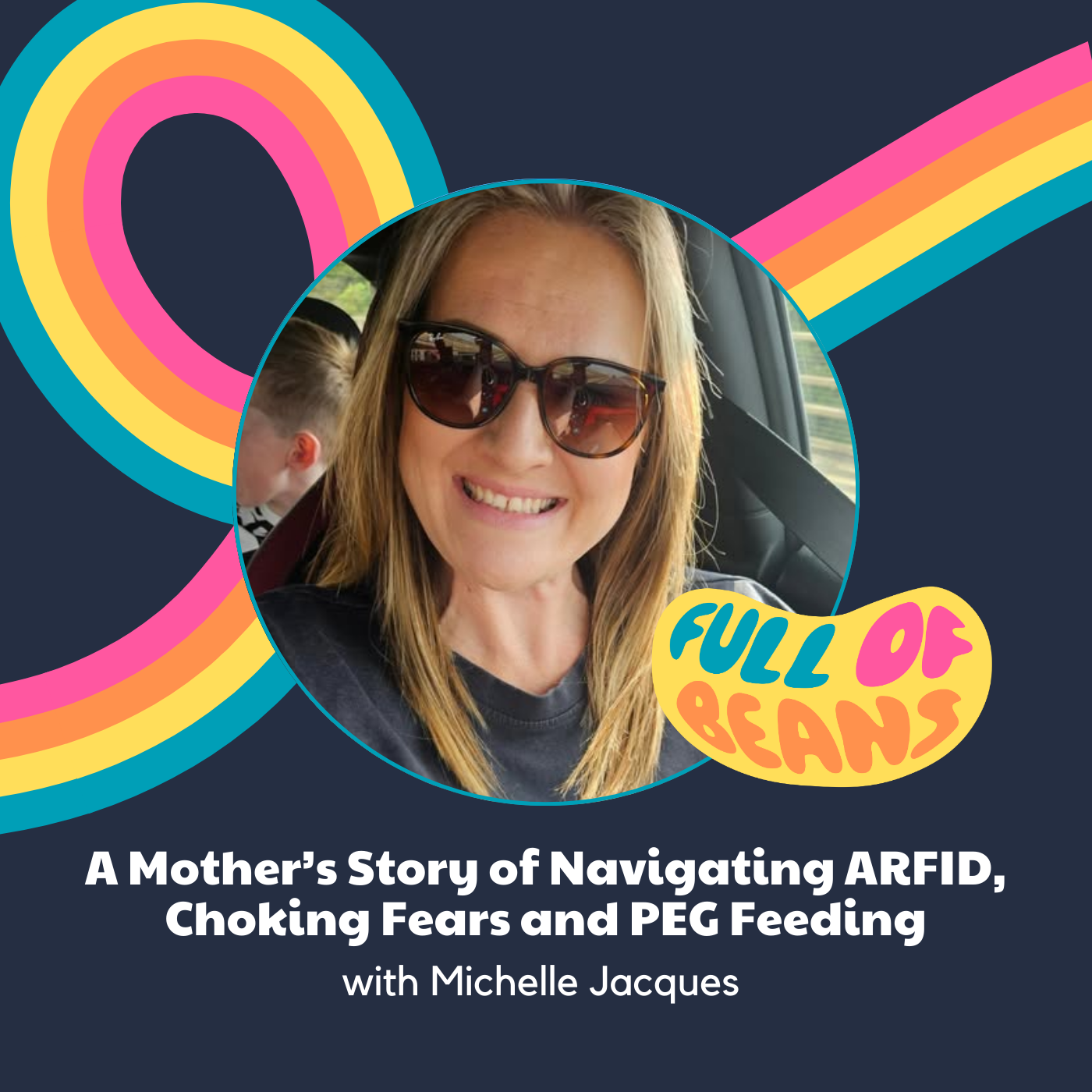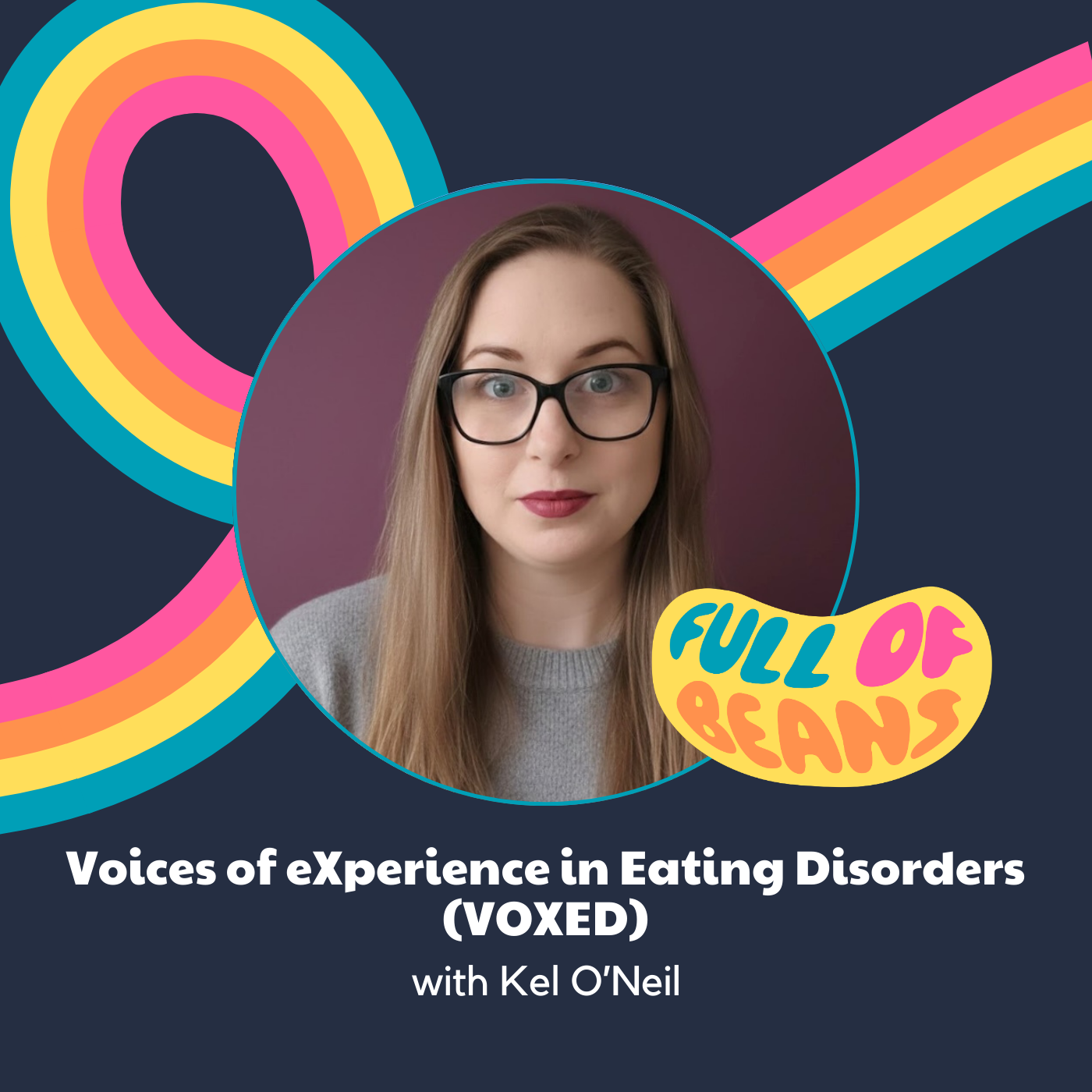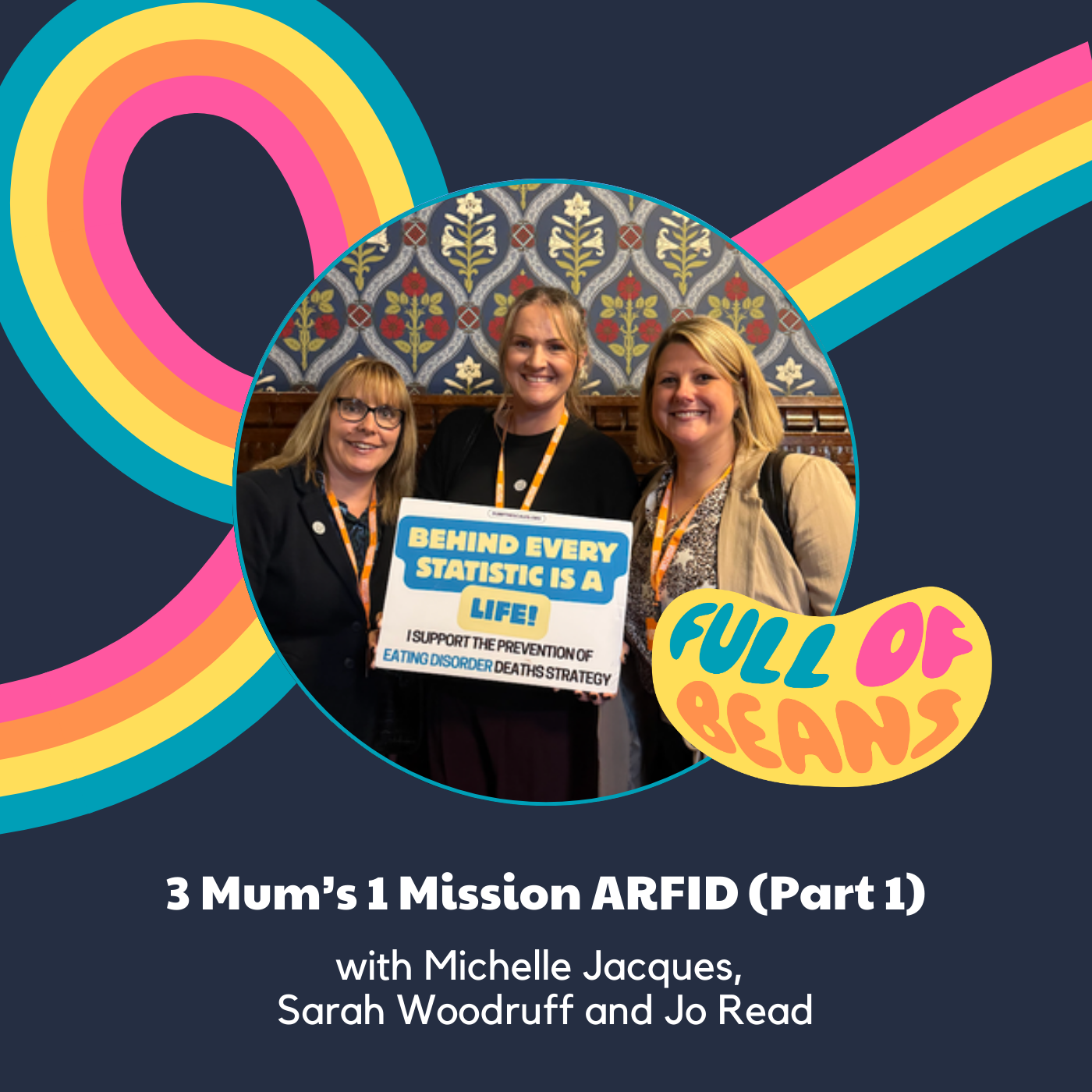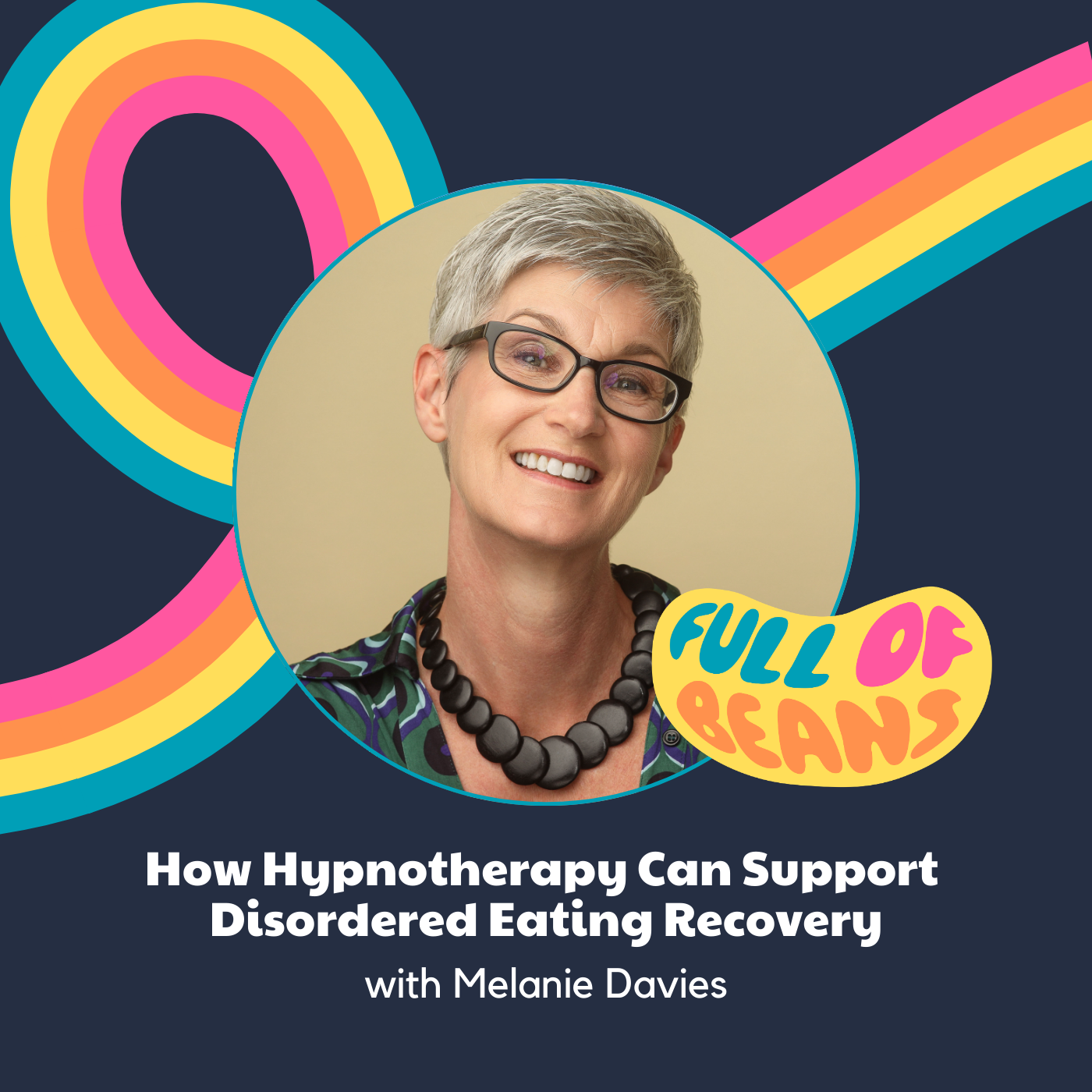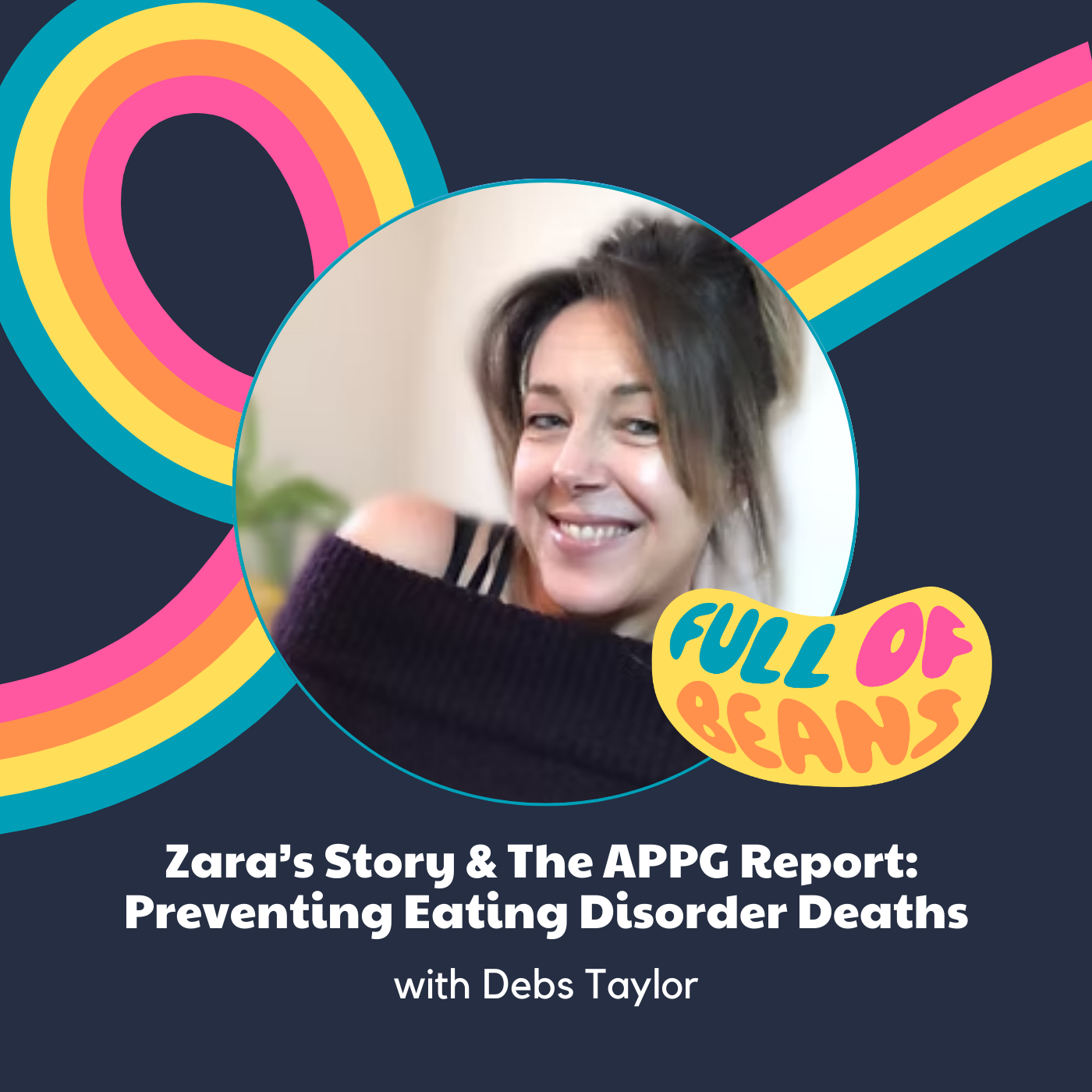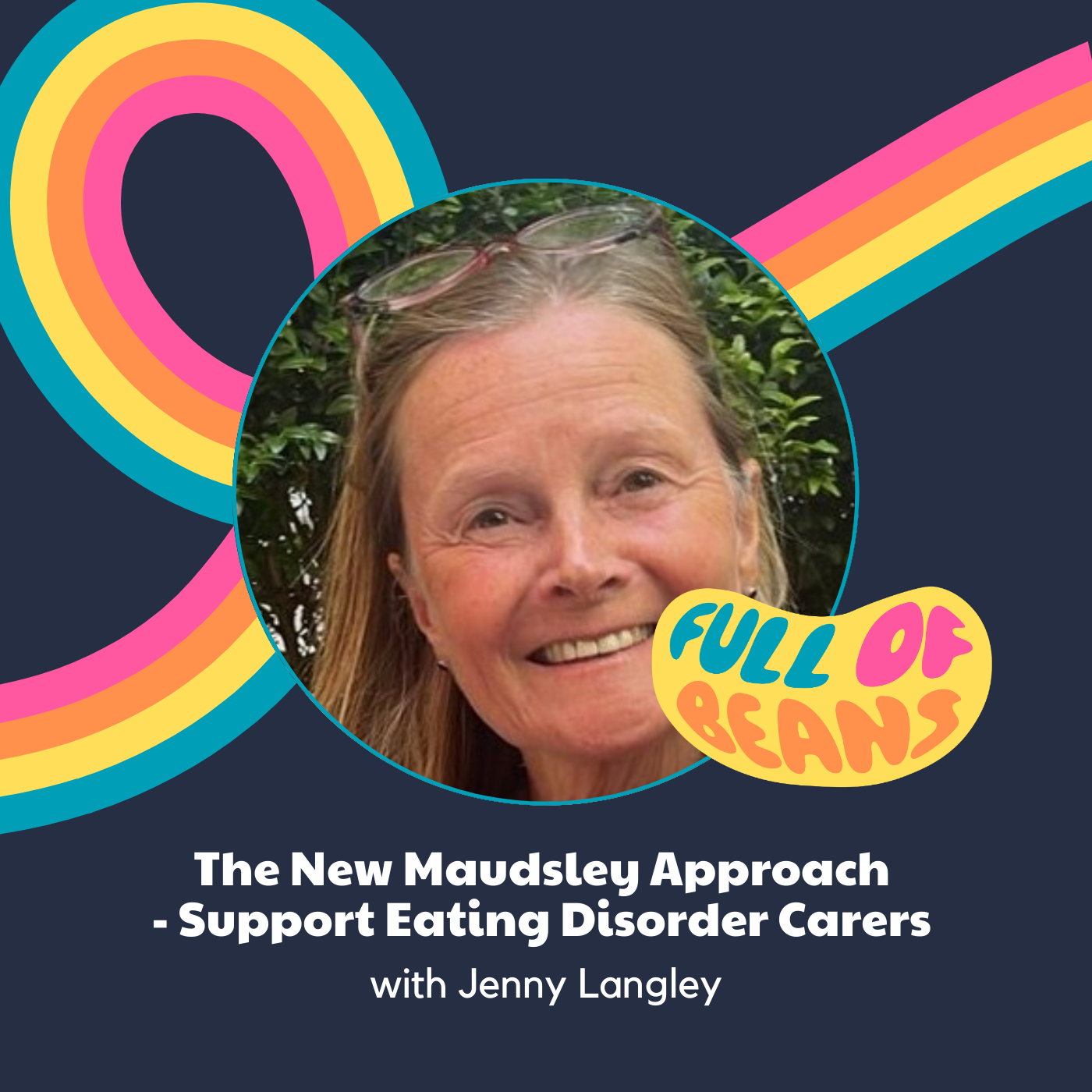BED, ADHD, Substance Use & Recovery From A Peer Support Perspective
Binge eating disorder, substance use and ADHD, is there a link?

What happens when ADHD, binge eating disorder, and addiction intersect? For many, these overlapping challenges can create a cycle of distress that feels impossible to break.
In this episode of Full of Beans, I sit down with DJ, a peer support worker at Lois Bridges Eating Disorder Centre in Dublin, to explore his journey through binge eating disorder (BED), ADHD, and substance use, and how DJ found healing through recovery and peer support.
The Overlap Between ADHD and Substance Use
ADHD is often linked to substance use due to impulsivity and emotional regulation difficulties. Many individuals with ADHD turn to substances, food, or other compulsive behaviours as a way to cope with overwhelming emotions.
DJ shares how his experience of binge eating disorder was deeply intertwined with his struggles with addiction—particularly cannabis use. “I would smoke all day, which would increase my appetite, and then the bingeing cycle would start,” he explains. Breaking this cycle required not just treating his eating disorder, but also achieving sobriety.
How ADHD Links to Substance Use and Binge Eating Disorder
Individuals with ADHD often experience difficulties with impulse control, emotional regulation, and reward-seeking behaviour. These traits contribute to both substance use and binge eating disorder in several ways:
- Impulsivity – Acting on urges without considering long-term consequences, leading to excessive substance use or binge eating.
- Dopamine deficiency – ADHD is associated with lower dopamine levels, leading individuals to seek external sources of pleasure, such as drugs, alcohol, or food.
- Emotional dysregulation – Difficulty managing emotions can result in using substances or food as a coping mechanism.
- Compulsive behaviour patterns – Repetitive engagement in rewarding behaviors, such as binge eating or substance use, can become ingrained habits.
- Difficulty with delayed gratification – Struggles with patience and waiting for rewards can contribute to seeking immediate relief through unhealthy coping mechanisms.
- Hyperfixation – Intense focus on specific activities can lead to cycles of compulsive behaviour, such as excessive eating or substance use.
Understanding these connections can help in tailoring recovery approaches that address the root causes of both addiction and disordered eating.
The Role of Diagnosis in Recovery
Receiving a diagnosis can be both liberating and limiting. DJ reflects on how his ADHD diagnosis at 18 helped explain his academic struggles, yet also reinforced a feeling of helplessness.
Similarly, his binge eating disorder diagnosis was validating, yet complicated by societal misconceptions about what an eating disorder “should” look like.
“People assumed binge eating disorder wasn’t real,” DJ recalls. “There’s this idea that eating disorders only affect thin women, but they impact people of all genders, sizes, and backgrounds.”
Navigating Recovery & The Importance of Peer Support
One of the biggest turning points in DJ’s recovery was discovering peer support. Unlike traditional clinical treatment, peer support focuses on lived experience rather than medical models of mental health. As a peer support worker, DJ now provides one-on-one sessions and group facilitation to help others in their recovery journey.
“Peer support is not about me being the expert,” he says. “It’s about mutuality—learning from each other’s experiences and knowing that recovery isn’t linear.”
How Peer Support Helps in Eating Disorder Recovery
Peer support plays a crucial role in the recovery process by offering empathy, shared experience, and practical guidance. Here’s how it helps:
- Validation and understanding – Individuals feel heard and supported by someone who has been through similar struggles.
- Reducing isolation – Eating disorders can be incredibly isolating, and peer support fosters a sense of community.
- Challenging stigma – Hearing from someone with lived experience helps break down misconceptions about eating disorders.
- Hope and motivation – Seeing someone further along in recovery can provide hope and reassurance that recovery is possible.
- Practical coping strategies – Peers can share real-life tips for managing triggers and developing healthier habits.
- Bridging the gap with clinical treatment – Peer support complements medical and therapeutic interventions, providing a holistic approach to recovery.
Final Thoughts: Redefining Recovery
Recovery isn’t about achieving perfection, it’s about building a fulfilling life. For DJ, this meant letting go of the idea that he had to be “fixed” and instead focusing on meaningful connections, stability, and joy.
“I used to think recovery meant waking up happy every day,” he reflects. “Now, I know it’s about having good days and bad days—but knowing I have the tools and support to navigate them.”
DJ’s story is a testament to the power of resilience, community, and the vital role of lived experience in mental health care.
Where to Learn More & Get Support
If you’ve been diagnosed with PCOS or are struggling with food and body image, you are not alone. Support is available:
?? Eating Disorder Support: BEAT | First Steps
🎧 Listen to the Full Podcast Episode: Click here to listen
📢 Join the Conversation: If you have experience of ADHD, BED or substance use we'd love to hear your thoughts at
@_werarefullofbeans!
Thank you for taking your time to read this blog. If you would like to receive updates from the Full of Beans podcast, scroll down a little further and click subscribe.
Keep being you,
Han 💛

